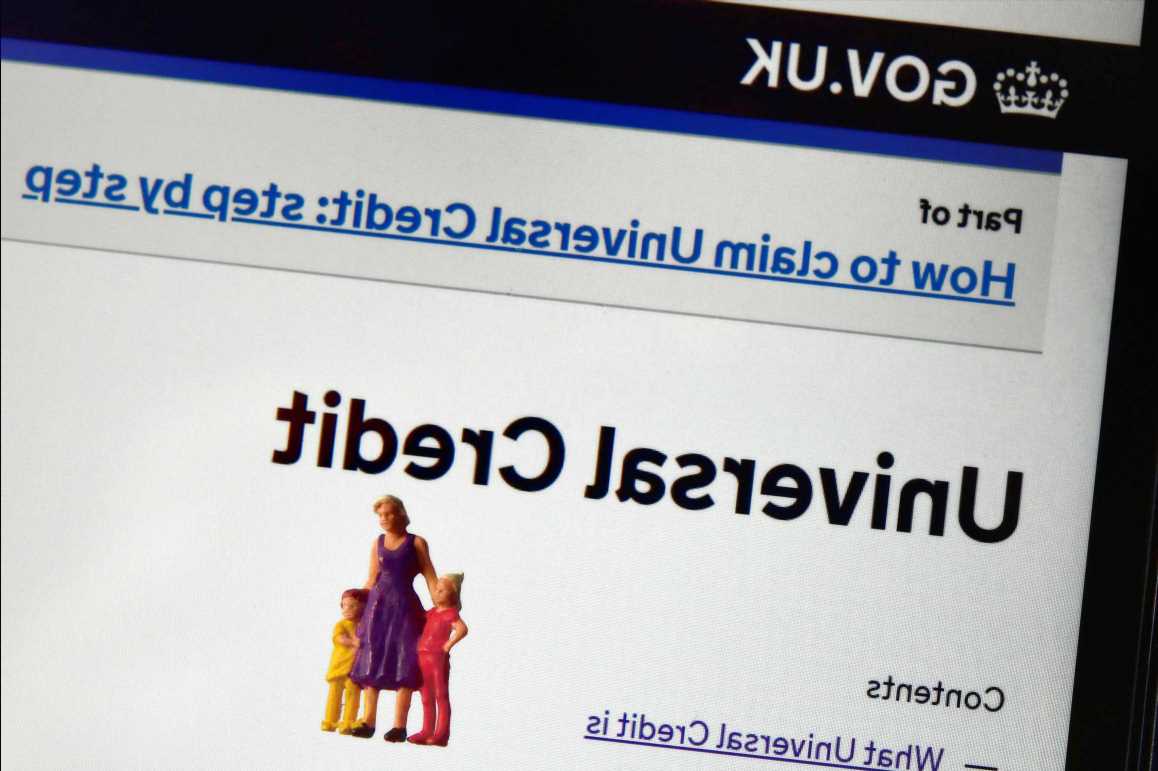HOUSEHOLDS eligible for Universal Credit will see their payments increase this year.
Benefits are usually boosted in April each year to keep up with rising costs and inflation – this is known as an "uprating".
It means that payments can keep up with rising prices on things like food, clothes and fuel, which go up over time – this is called inflation.
In December, inflation dropped to 10.5%, down from 10.7% in November.
Then in January, the rate fell to 10.1%.
Inflation usually dictates the uprating of benefits including Housing Benefit and Child Benefit.
READ MORE IN MONEY
Full list of benefits set to be axed – when you’ll be moved to Universal Credit
Full list of providers offering cheap broadband for millions on benefits
Universal Credit is another payment which Chancellor Jeremy Hunt confirmed would increase in November's Autumn Statement.
Here, we explain if Universal Credit is set to increase this year, and by how much.
Will Universal Credit payments rise in 2023?
The Chancellor confirmed that the government will uprate benefits by inflation with an increase of 10.1%.
This will boost the payments for the average family on Universal Credit by £600 a year.
Most read in Money
Energy bill warning as 5.5million households WILL pay extra in weeks despite help
Seven predictions for tomorrow's Spring Budget and what it means for you
M&S is doing a Mother's Day afternoon tea for £12.50
Major energy supplier to give thousands £150 free bill credit from TODAY
While a rise to benefit rates is good news, many could still be feeling worse off.
That's because the cost of living is still high which means people's incomes are squeezed.
How much will I get?
Here's how much more you will get every month in Universal Credit payments.
Standard allowance (per month)
- For those single and aged under 25, the standard allowance will rise from £265.31 to £292.11
- For those single and aged 25 or over, the standard allowance will rise from £334.91 to £368.74
- For joint claimants both under 25, the standard allowance will rise from £416.45 to £458.51
- For joint claimants where one or both are 25 or over, the standard allowance will rise from £525.72 to £578.77
Extra amounts for children
- For those with a first child born before April 6, 2017, the extra amount is going up from £290 to £319.29
- For those with a child born on or after April 6, 2017 or second child and subsequent child, the extra amount is going up from £244.58 to £269.28
- For those with a disabled child, the lower rate addition payment is going up from £132.89 to £146.31 and the higher rate from £414.88 to £456.78
Extra amounts for limited capability for work
- For those deemed to have limited capability for work, the extra amount is going up from £132.89 to £146.31
- For those deemed to have limited capability for work or work-related activity, the extra amount is going up from £354.28 to £390.06
Extra amounts for being a carer
Universal Credit claimants can get an additional amount if they're caring for a severely disabled person for at least 35 hours a week.
The amount you get a month will rise from £168.81 to £185.86.
Increased work allowance
The higher work allowance (no housing amount) for someone claiming Universal Credit with one or more dependent children or limited capability for work is going up from £573 to £631
The lower work allowance for someone claiming Universal Credit with one or more dependent children or limited capability for work is going up from £344 to £379
How do I claim Universal Credit?
If you're not receiving Universal Credit and think you might be eligible, you should of course check if you qualify first.
You'll have to be on a low income or need help with living costs. This doesn't necessarily mean you have to be out of work though.
For example, you could be:
- out of work
- working (including self-employed or part-time)
- unable to work, for example if you have a health condition
You must also meet other criteria. You must:
- live in the UK
- be aged 18 or over
- be under State Pension age
- have £16,000 or less in money, savings and investments
You can also get Universal Credit if you're 16 or 17 if you meet certain criteria, including having a health condition or disability, or if you're responsible for a child.
The full list is included on the government's website.
If you are eligible, you then have to make a claim – you can do this online or call the Universal Credit helpline if you don't have access to the internet.
The number to call is 0800 328 5644.
You'll need a number of documents to hand too – for the full list, you can read our explainer.
When will rates rise?
The rate rises will kick in from April this year.
The exact date you'll get it will depend on when you normally receive your benefit payments.
Read More on The Sun
Dumped Love Islanders mobbed by fans as they land in UK after missing final
I took my fluffy doodle to groomers – but he came back looking like Pennywise
It's not only Universal Credit claimants who will benefit from a boost to their payments.
Others claiming benefits such as state pension, carer's allowance and housing benefit will get extra too.
Do you have a money problem that needs sorting? Get in touch by emailing [email protected]
Source: Read Full Article














